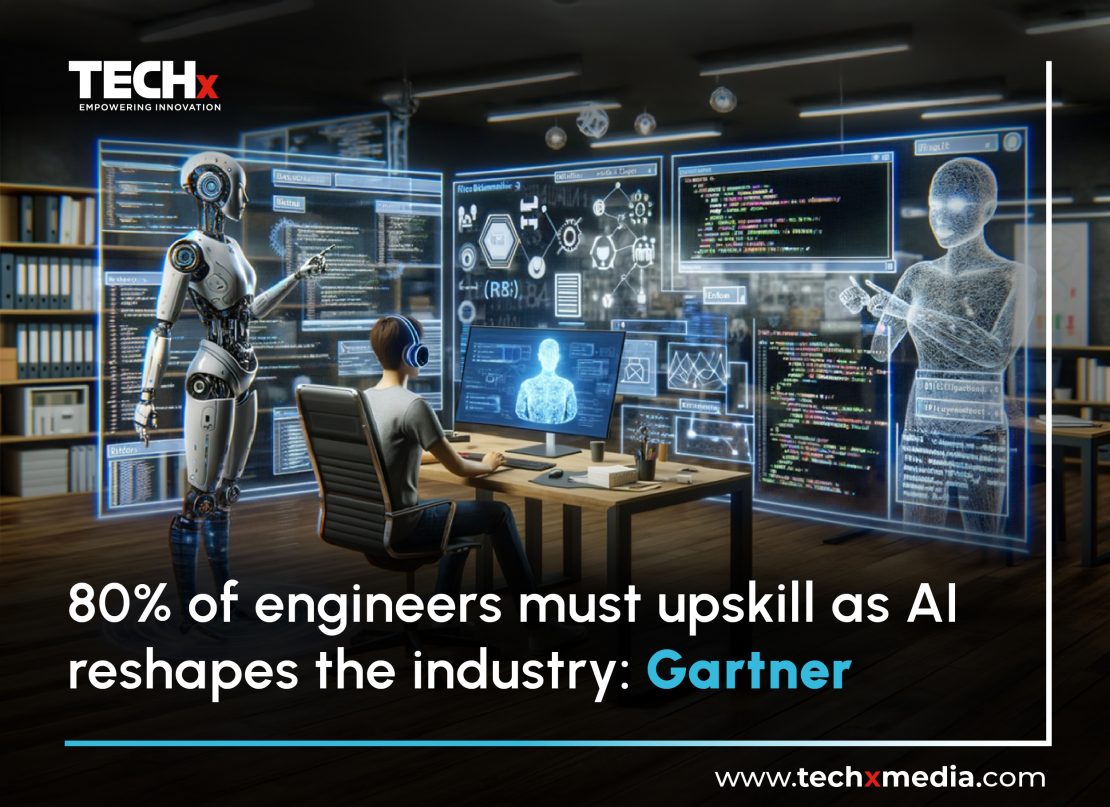
According to Gartner, Inc., by 2027, generative AI (GenAI) is set to create new roles in software engineering and operations, necessitating that 80% of the engineering workforce upskill.
“Bold claims regarding the capabilities of AI have sparked speculation about its potential to diminish the demand for human engineers or even replace them entirely,” remarked Philip Walsh, Sr Principal Analyst at Gartner. “While AI will indeed transform the future role of software engineers, human expertise and creativity will remain vital for delivering complex and innovative software solutions.”
Gartner analysts anticipate that AI will impact the software engineering landscape in three significant ways:
1. Short-Term: AI Operates Within Boundaries
– In the near term, AI tools will augment existing developer work patterns, yielding modest productivity gains. These benefits will be most pronounced for senior developers within organizations that boast mature engineering practices.
2. Medium-Term: AI Agents Push Boundaries
– As AI agents become more prevalent, they will revolutionize developer workflows, allowing for increased automation and task offloading. This will herald the era of AI-native software engineering, wherein most code will be generated by AI rather than authored by humans.
– “In this AI-native era, software engineers will need to adopt an ‘AI-first’ mindset, focusing primarily on guiding AI agents toward the most relevant contexts and constraints for specific tasks,” stated Walsh. As a result, skills in natural-language prompt engineering and retrieval-augmented generation (RAG) will become crucial for software engineers.
3. Long-Term: Advances in AI Break Boundaries
– In the long term, advancements in AI will enhance engineering efficiency, but organizations will require even more skilled software engineers to meet the rapidly growing demand for AI-empowered software.
– “Creating AI-empowered software will necessitate a new breed of software professional—the AI engineer,” Walsh added. “AI engineers will combine skills in software engineering, data science, and AI/machine learning (ML), making them highly sought after.”
A recent Gartner survey conducted in Q4 2023 among 300 U.S. and U.K. organizations found that 56% of software engineering leaders identified AI/machine learning (ML) engineers as the most in-demand role for 2024. They also noted that applying AI/ML to applications represents the biggest skills gap in the industry.
To support AI engineers effectively, organizations must invest in AI developer platforms. These platforms will enable companies to build AI capabilities more efficiently and integrate AI into enterprise solutions at scale. “Such investments will require organizations to upskill data engineering and platform engineering teams to adopt tools and processes that drive continuous integration and development for AI artifacts,” concluded Walsh.